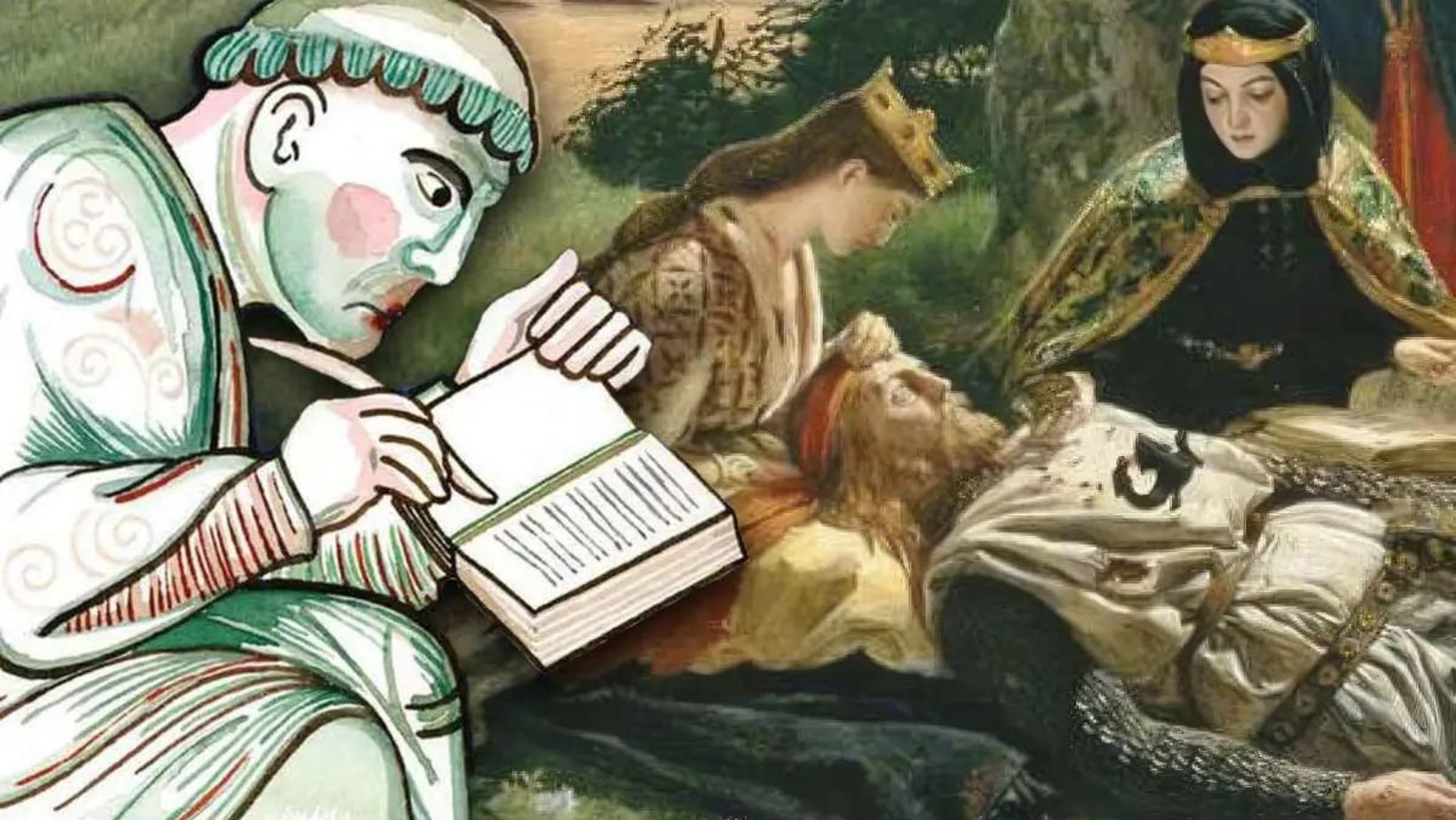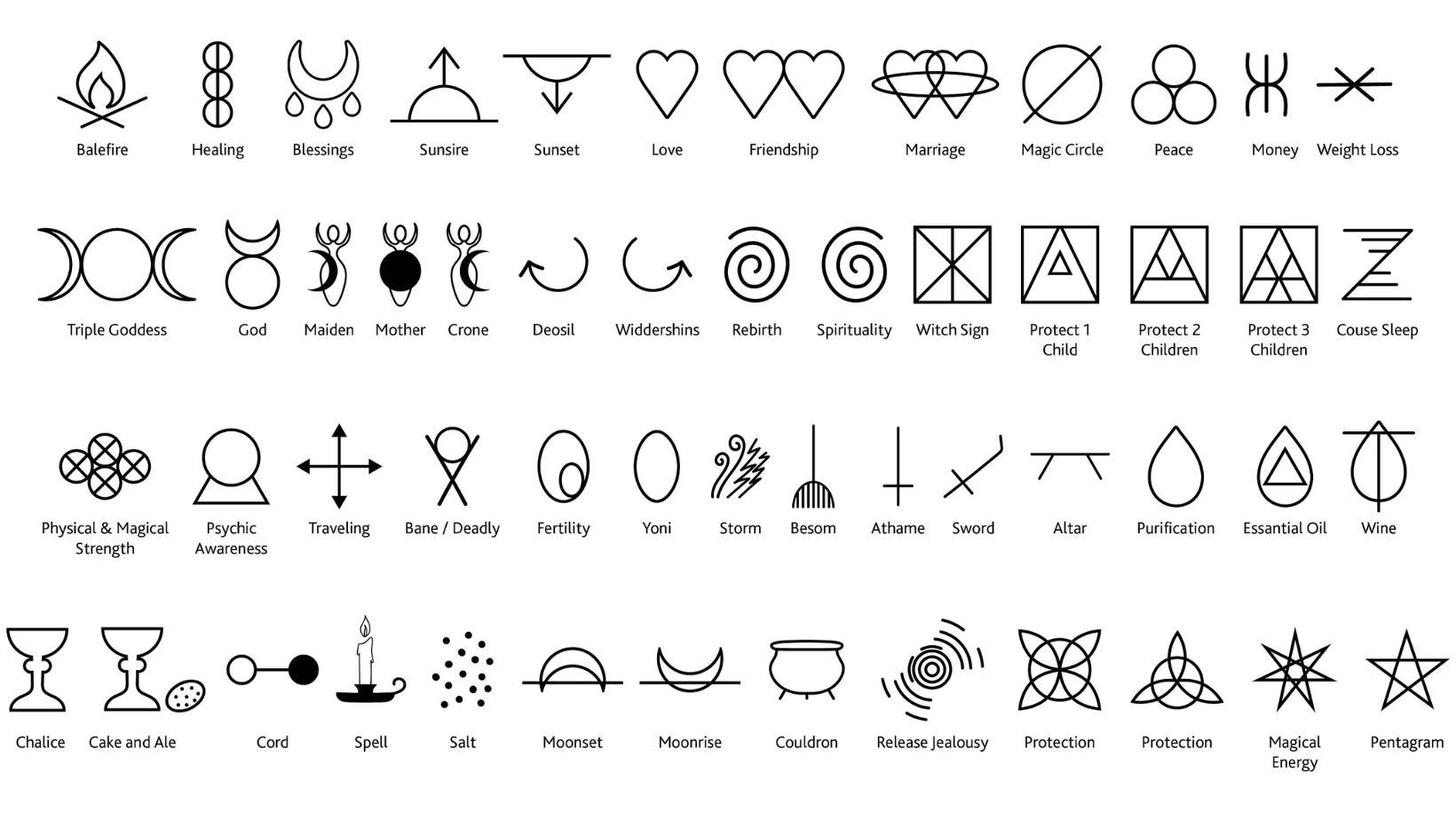Ever caught yourself daydreaming about the deep, rich history that shaped Britain? At the heart lies a tale steeped in history and cloaked in myth. “Brutus of Troy in medieval literature” is a cornerstone for those intrigued by how ancient stories shape modern identities. This narrative, tracing back to Geoffrey of Monmouth’s works, doesn’t merely recount events; it weaves threads from Trojan wars to Arthurian legends.
The story begins with Brutus, supposedly exiled from Italy, setting sail towards an island that would later become Britain. Herein lies our journey through time—a saga where myths breathe life into history.
Table of Contents:
- The Legend of Brutus of Troy in Medieval British Literature
- Tracing the Lineage: Brutus as the Ancestor of the British
- The Influence of Brutus on Arthurian Legends
- Exploring the Historical and Mythological Elements of the Brutus Story
- The Legacy of Brutus in Later Medieval and Renaissance Works
- Conclusion
The Legend of Brutus of Troy in Medieval British Literature: Brutus of Troy in Medieval Literature
The legend of Brutus of Troy, the mythical founder of Britain, has captivated imaginations for centuries. But where did this intriguing tale originate? And why did it hold such significance for medieval Britons?
According to the myth, Brutus was a descendant of the Trojan hero Aeneas. There, Brutus vanquished the giants who inhabited the island and established himself as the first king, founding the city of Troia Nova, or New Troy – later known as London.
Significance in Medieval British Identity
For medieval Britons, the Brutus legend provided a powerful origin story that connected them to the glorious world of classical antiquity. By claiming descent from the Trojans, the British could assert a noble lineage that set them apart from other European peoples.
Portrayal in Geoffrey of Monmouth’s Works: Brutus of Troy in Medieval Literature

The Brutus legend was popularized in the 12th century by Geoffrey of Monmouth in his influential works, the Historia Regum Britanniae (History of the Kings of Britain) and the Prophetiae Merlini (Prophecies of Merlin). In these texts, Geoffrey wove together various strands of myth, history, and folklore to create a grand narrative of British history, with Brutus as the founder of the royal line that would eventually produce the legendary King Arthur.
Fans of antiquity will find much to love in Anthony Adolph’s quest through the centuries in search of Brutus of Troy, the mythological founder of Britain and ancestor of King Arthur. Adolph, a professional genealogist and broadcaster, explores the enduring legend of Brutus of Troy through history and fiction, revealing the crucial role it played in establishing England’s identity.
– Brutus of Troy: And the Quest for the Ancestry of the British
Tracing the Lineage: Brutus as the Ancestor of the British
The Brutus legend provided the British with a heroic founder figure and established a direct lineage between the contemporary monarchy and the ancient world.
Tracing their ancestry back to Brutus and the Trojans, medieval British kings could claim a mythical heritage rivaling that of other European royal houses.
Establishing a Noble Lineage
The Brutus legend allowed the British monarchy to assert a noble and ancient lineage that stretched back to the heroic age of Troy. This pedigree was used to legitimize the authority of the kings and to reinforce the idea of a divinely ordained monarchy.
Legitimizing Royal Authority: Brutus of Troy in Medieval Literature
By portraying themselves as the direct descendants of Brutus, medieval British kings could claim a divine right to rule rooted in the mythical past. This link to the Trojan hero was used to justify the monarchy’s power and assert the king’s role as the rightful ruler of Britain.
The book covers the story of Britain’s search for its identity before and after the arrival of Christianity, leading up to the invention of the seeds of the Brutus myth in the 600s AD. It charts the development of his myth into a fully blown adventure story under the pen of Geoffrey of Monmouth in the 1100s.
– Brutus of Troy, and the Quest for the Ancestry of the British, reviewed on Ancient Origins by author and historical researcher Petros Koutoupis
The Influence of Brutus on Arthurian Legends: Brutus of Troy in Medieval Literature
The Brutus legend shaped medieval British identity and had a profound influence on the development of Arthurian literature.
If you think about it, Brutus set the stage for King Arthur. Both heroic founders established a powerful British kingdom and fought against the island’s enemies. Drawing lines between these two iconic figures really drives home how Britain’s tradition of heroes is not just a series of one-offs but a rich, ongoing tapestry.
Arthurian Themes in the Brutus Narrative
The Brutus story contains many key themes and motifs that would later become central to Arthurian literature, such as the prophetic dream, the quest for a new homeland, and the establishment of a glorious kingdom. These similarities helped to create a sense of continuity between the Brutus legend and the Arthurian cycle.
The Role of Prophecy and Destiny: Brutus of Troy in Medieval Literature
In both the Brutus legend and the Arthurian tradition, prophecy and destiny play a crucial role in shaping the hero’s journey. Just as Brutus was guided by divine providence to establish a new Troy in Britain, Arthur’s life is shaped by the prophecies of Merlin and the destiny that awaits him as the once and future king.
Exploring the Historical and Mythological Elements of the Brutus Story: Brutus of Troy in Medieval Literature
While the story of Brutus might seem like just another tall tale, it’s actually stitched together with threads from real history and a colorful mix of ancient and medieval storytelling.
The story of Brutus is firmly rooted in the context of the Trojan War, one of the classical world’s most famous and influential myths. Linking Britain’s history with this legendary battle really pumps up the drama and importance of the country’s past.
Pagan and Christian Symbolism

The Brutus legend contains a fascinating blend of pagan and Christian symbolism. While Brutus himself is a pagan hero, guided by the goddess Diana, his story was later reinterpreted through a Christian lens, with the Trojan refugees seen as a prototype for the Christian Church.
Blending History and Myth: Brutus of Troy in Medieval Literature
The Brutus story skillfully combines elements of history, such as the Roman conquest of Britain, with mythological themes and archetypes. This blending of fact and fiction was a common feature of medieval historiography and helped create a rich and complex narrative of the British past.
The Legacy of Brutus in Later Medieval and Renaissance Works
The influence of the Brutus legend extended far beyond the Middle Ages, inspiring writers and artists throughout the Renaissance and beyond.
Numerous writers adapted and reinterpreted the story of Brutus in the centuries following Geoffrey of Monmouth. As the story evolved, it picked up fresh twists and details that mirrored the shifting sands of culture and politics around its creators.
Political and Cultural Significance: Brutus of Troy in Medieval Literature
The Brutus legend continued to have significant political and cultural resonance throughout the medieval and early modern periods. It was used to support the claims of various royal houses, including the Tudors, and was invoked in debates about British national identity and the country’s relationship with Europe.
Enduring Fascination with the Brutus Legend
Despite the fact that modern scholars have largely discredited Brutus’s historicity, the legend continues to exert a powerful hold on the imagination. It remains an important part of British literary and cultural heritage, and its themes and motifs continue to inspire new works of fiction and art.
Though no longer part of the way Britain sees itself now (though maybe this book will change that.), the Brutus myth has been used in many alternative theories about Britain’s origins and is still believed in by a small but hard core of Christians who see him as the divine instrument by which the ancestors of the Americans reached Britain in the first place.
– The Long Shadow of Troy: Examining the absence of Brutus of Troy in Medieval British Identity
The legend of Brutus of Troy may be a myth, but it has played a profound role in shaping British history, literature, and identity. The lasting appeal of a good story speaks volumes about our love for narratives that connect us to our history and help us carve out our spot in the big, wide world.
Key Takeaway: Brutus of Troy in Medieval Literature
Brutus of Troy’s legend, linking Britain to ancient Troy, gave medieval Britons a noble identity and legitimized royal power. This myth shaped British history and influenced Arthurian legends and remained culturally significant through the Renaissance.
Conclusion: Brutus of Troy in Medieval Literature
So here we are at the end—yet somehow right back at the beginning. We’ve circled around “Brutus of Troy in medieval literature,” unpacking layers that reveal more than just tales; they uncover truths about human nature and our unending quest for belonging and identity.
This isn’t merely history or mythology—it’s both, intertwined like DNA strands shaping what comes next while holding fast to what once was. Our exploration might have started with Brutus setting foot on British soil, founding London itself perhaps, but it certainly doesn’t stop there.
Like smart assistants making life easier without much fuss today—think fraud detection systems keeping us safe silently—the legend quietly influences current culture and societal structures behind scenes so seamlessly integrated they’re almost invisible. But now you know—they’re anything but forgotten.

